China police seize 1.8 tonnes of bomb material in Xinjiang: Govt
China vowed a year-long crackdown on terrorism over the weekend with violence blamed on separatists from Xinjiang.
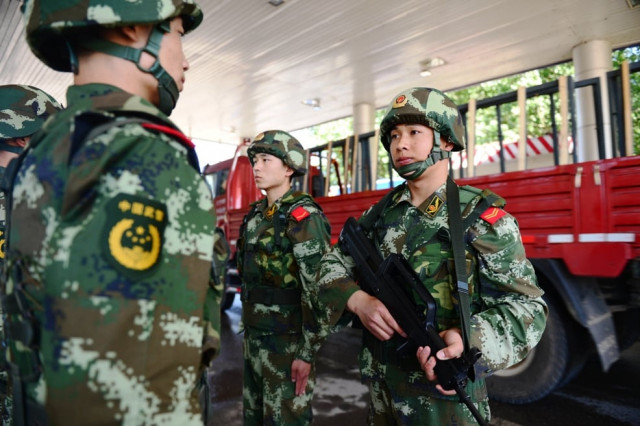
This picture taken on May 20, 2014 shows Chinese security personnel guarding a checkpoint along one of the highways leading into Beijing. PHOTO: AFP
China vowed a year-long crackdown on terrorism over the weekend with violence blamed on separatists from Xinjiang increasingly targeting civilians and spreading far outside the western region in recent months.
Last week five suspects killed 39 people and wounded more than 90 in a car and bomb assault on a market in the regional capital Urumqi, in an attack condemned as terrorism by both Beijing and Washington.
Officers in and around Hotan in southern Xinjiang "destroyed two explosive-making dens and seized 1.8 tonnes of raw material that the gang planned to use to make explosive devices, along with a large amount of partly finished explosive devices", reported the regional government's Tianshan website.
In recent days the group began making explosive devices with the goal of "driving into a crowded place, running people over and setting off bombs" in Hotan, it said.
The gang had watched videos promoting terrorism and religious extremism, it added, and said the group's leader had instructed members to acquire materials from Urumqi and elsewhere in China.
On April 30, the final day of a visit by Chinese President Xi Jinping to the region, assailants armed with knives and explosives killed one person and wounded 79 in an attack at an Urumqi railway station.
In March knifemen killed 29 people and wounded 143 at a railway station in southwestern Kunming city, an incident dubbed "China's 9/11" by state media.
Authorities have vowed to crack down, and taken the rare step of deploying more armed police in major cities, but also emphasised the need to improve ethnic integration, education and employment in Xinjiang.
China's most powerful body, the Politburo Standing Committee, agreed at a meeting on Monday that "cracking down on violent terrorist activities must be the focal point of the current struggle", the official news agency Xinhua reported.
"Ethnic separatist activities must be resolutely opposed and lawfully combated," it said.
At the same time the committee pledged to expand bilingual education, make high school free in southern Xinjiang, and ensure that at least one member of every family had a job, among other measures.
Beijing says it faces a violent separatist movement in Xinjiang driven by religious extremism and backed by overseas terrorist organisations.
Police arrested more than 200 suspects and seized more than 200 explosive devices around Xinjiang over the past month, state-run media said at the weekend.
More were detained across Xinjiang on Monday on suspicion of taking part in violent activities, making bombs and illegally crossing the border, the Tianshan report said.
But experts question how organised groups in Xinjiang are and how strong their foreign links may be, while China strictly controls information in the region.
Rights groups blame the discontent in part on cultural and religious repression of Uighurs and economic favouritism toward an influx of ethnic majority Han to the resource-rich region.
In 2009 riots broke out in Urumqi between Uighurs and Han Chinese that left 200 people dead.

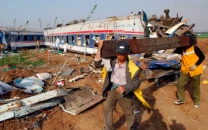
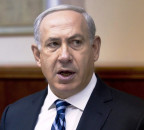
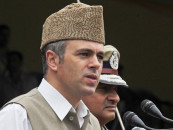




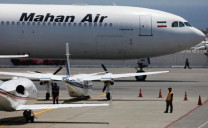
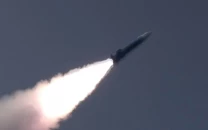

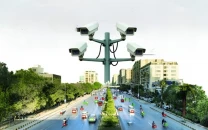






COMMENTS
Comments are moderated and generally will be posted if they are on-topic and not abusive.
For more information, please see our Comments FAQ